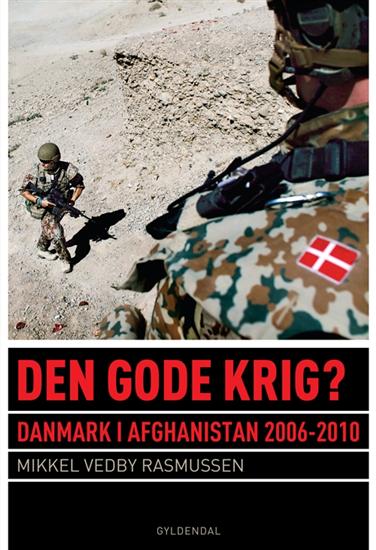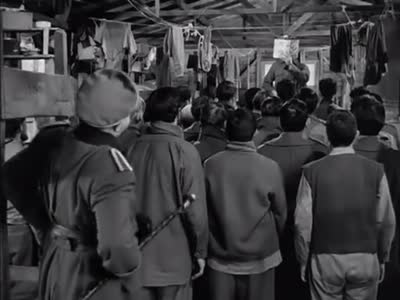Dagbladet er dømt til å betale erstatning til ambulansesjåfør Erik Schjenken, som de hengte ut som rasist i 2007. Uten å gå inn i detaljene om hva som skjedde i Sofienbergparken, virker det klart at sannheten langt i fra var så enkel som budskapet Dagbladet og andre medier presenterte: At to rasistiske ambulansesjåfører nektet en syk mann behandling fordi han hadde feil hudfarge.
Med andre ord gjorde pressen en dårlig jobb, på ambulansesjåførenes bekostning.
Jeg liker ikke at medier skal straffes for slurv. Men snu på det: Hvilken beskyttelse har du som menneske når mediene i flokk beslutter at du skal henges ut?
I en sunn mediesituasjon ville du bli beskyttet av andre medier, på jakt etter sin egen vinkling på saken, og de mediene som hengte deg ut ville be om unskyldning når det viste seg etterpå at de hadde tatt feil.
Og det ville antagelig vært bra nok. Ingen behov for erstatning.
Slik er det ikke. Mediene står sammen om å henge deg ut, og de står sammen etterpå om å ikke angre på det. Alle er kompis med alle, og de som innser at noen har gjort noe galt holder kjeft, eller avdramatiserer det.
Hvordan er pressen da forskjellig fra en bølle? Og hvor ellers kan man gå enn til retten når den samfunnsinstitusjonen som skal belyse maktmisbruk har en blindsone for sine egne overgrep? Det må være balanse i makten. Når mediene ikke kan være kritiske ovenfor seg selv, hvor skal den balansen komme fra?






